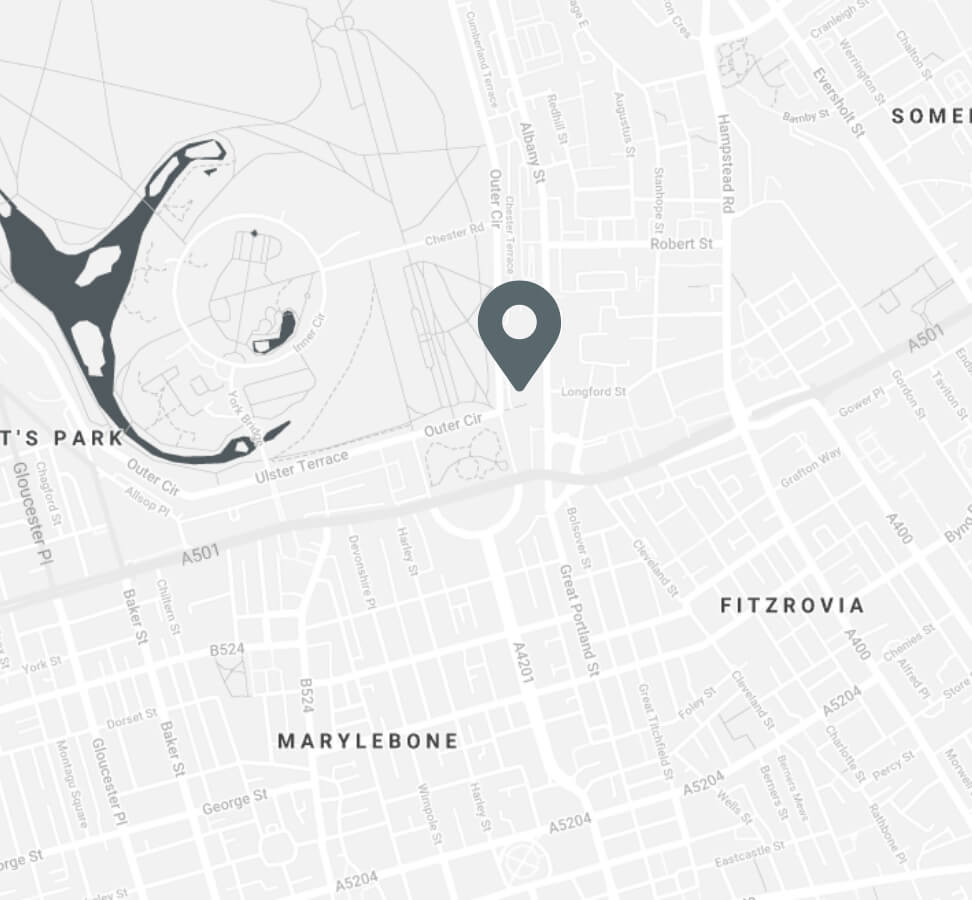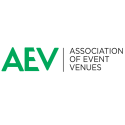
March 8th is International Women's Day (IWD), a global day celebrating the social, economic, cultural, and political achievements of women. The day also marks a call to action for accelerating women's equality.
International Women's Day first emerged from the activities of labour movements at the turn of the 20th century. In 1908 15,000 women marched through New York City demanding shorter hours, better pay, and the right to vote. One year later, on March 19, 1909, the first National Woman's Day was observed.
A lot has changed since its inception over 100 years ago and today IWD has grown to become a global day celebrating all women across the world. To mark the occasion, today we are sharing some of the many achievements of women at the Royal College of Physicians (RCP) and its London venue, RCP London Events, from the past and present and take a look into what the future may hold for women working at our organisation.
Past
While women had been allowed to practice as physicians, apothecaries and midwives for centuries, their role in these male-dominated fields was repeatedly challenged and often led to the ‘vexed question’ of women’s capabilities in these professions.
Despite being over 500 years old, the RCP only allowed women to join the college as members in 1909. In 2019, our exhibition ‘This vexed question’: 500 years of women in medicine tried to shed light on the histories of well-known pioneers and hidden medical women, uncovering and exploring the inspiring stories of the women who made not only the RCP but also the history of medicine.
In 1909, Ivy Woodward became the first woman member of the RCP, but it was only in 1935 that we see the first woman fellow being appointed. Dr Helen Mackay was the first female house physician and surgeon at Queen’s Hospital for Children in Hackney Road where she conducted ground-breaking research into rickets and anaemia. To her, we attribute the landmark discovery that iron deficiency was a major cause of anaemia in infants.
Sujata Chaudhuri was the first woman of colour to become a fellow at the RCP. She was a professor of medicine and first physician at the Lady Hardinge Medical College in New Delhi, and from 1936 to 1950 she worked for the Women’s Medical Service of India.
Zahira Hafez Abdin was the first Egyptian woman to become a member and later a fellow. She identified streptococcal infections as a cause of rheumatic heart disease in children in her community.
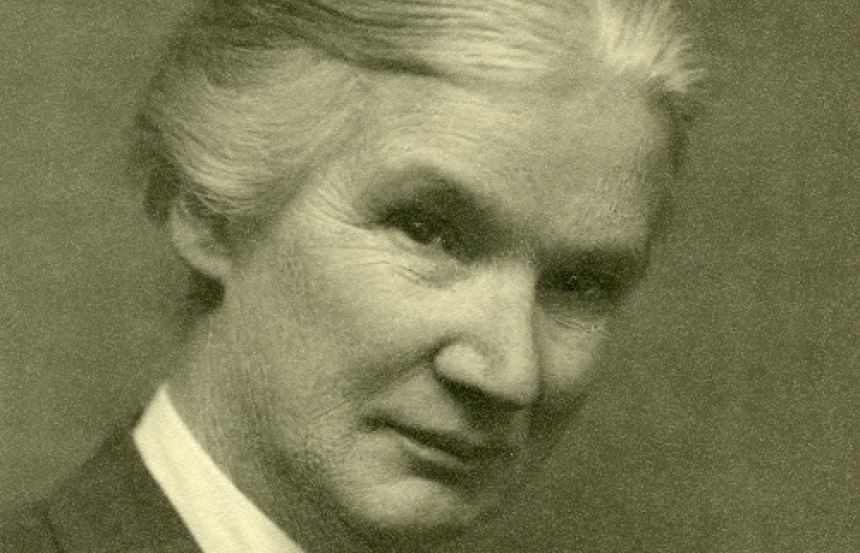
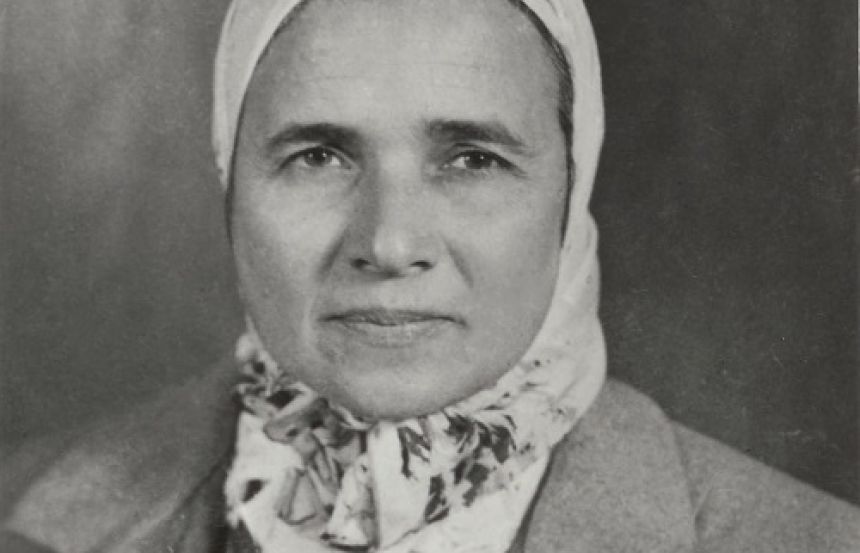
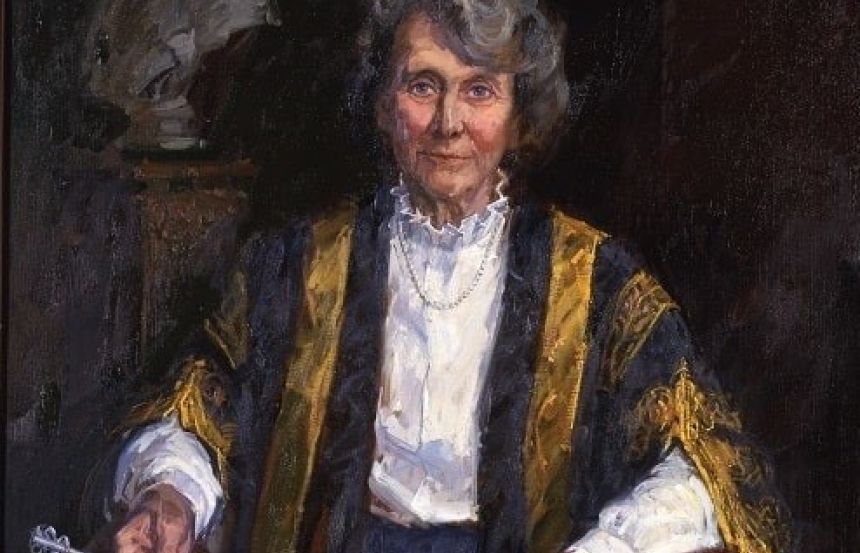
Dame Margaret Elizabeth Harvey Turner-Warwick was elected as the first female president of the RCP in 1989, 471 years after its foundation.
At one stage in her career, she was the only female professor of medicine in the UK, and she is recognised as a principal architect of the modern speciality of respiratory medicine.
She retired from medical practice in 1987, two years before being elected as the RCP’s president. 1989 was a time of major reforms for the National Health Service (NHS) and there was also a looming workforce crisis.
Margaret created a specialist unit at the RCP to collect detailed and reliable data to use in pressing for an expansion of the consultant workforce.
During her clinical and research career, she published over 200 papers and several books, including a monograph on lung immunology.
She established an international reputation in the field of respiratory medicine and research, and numerous honours came her way, including being made Dame Commander of the Most Excellent Order of the British Empire in 1991.
Present and future
Today, the RCP strives to ensure inclusivity and diversity in recruitment and employment, as well as across its leadership roles and staff. Our organisation is currently made up of 71% female and 29% male staff.
RCP’s current president is Dr Sarah Clarke MD, she was elected in July 2022 and out of 122 presidents at the RCP, she is only the fourth female preceded by Dame Turner-Warwick, Dame Carol M. Black and Dame Jane Dacre.
The Meetings and Events team managing RCP London Events is led by a woman, Natacha Allen. Under Natacha’s leadership, the venue and events team have won numerous awards, including accolades for its sustainable credentials and fantastic customer service.
"My journey and experiences to this point have not been without their challenges and roadblocks, but the shift in culture and mindset around women in business and inclusivity which is gaining traction within the events industry is so positive", says Natacha. "As a Senior leader, I feel real achievement and empowerment by being able to ‘pay it forward’, encouraging and providing opportunities to develop young people and women to be leaders of the future. It is also incredibly liberating to see how many women have come up through the ranks to be given equal opportunities that previously would not have been as easily attainable. My top tip is to always remain positive, determined, committed and reliable, because hospitality is a people business and a ‘team effort’ and it literally ‘takes a village’."
We are also proud to have several women working in not only this team, but also Operations and AV.
Ana Ruskova, the venue’s Deputy General Manager says: “We work in the most wonderful industry, even in challenging times, such as these. It's truly a privilege to love your work as much as I do love mine. My advice is to believe in yourself and your potential. Do not think you have less chance as a woman to achieve what you want, whatever the position you are aiming for. Just keep going towards your goal, never give up. Hard work and persistence always pay off.”
Senior AV Technician Rachel Gordon adds: “In a male-dominated industry such as AV, I often have had to prove to myself and other technicians that I’m strong enough to achieve the same goals as them. You will always come across people who are sceptical or critical of you, but my drive is to prove them wrong. My advice is to go for it, try and fail. Failing is the only proper way to learn. Working with a team that sets your standards high is also very important. This mindset has helped me achieve my biggest career milestone so far: being promoted as Senior AV Technician after only 6 months at the RCP.”
Women will undoubtedly continue to play a pivotal role in the RCP in the future and, as an organisation that values the role of women in every aspect of our business, we are committed to providing equality of opportunity and inclusion in employment and ensuring that unlawful discrimination does not occur in the working environment.
For example, we routinely collect diversity information across the organisation and have a range of policies and initiatives promoting equality, diversity and inclusion. Our policies ensure the promotion of an inclusive culture for all RCP staff, accessible and appropriate services for everyone, and equal opportunities for continuous improvement and learning. Moreover, they set our commitment to working towards the elimination of all forms of discrimination and harassment.
We have a range of initiatives to support women in the future, including our maternity-related wellbeing initiative (designed as part of our duty of care towards pregnant women) and our Summerskill report which is the driver for our diversity, inclusion and belonging work over the last and coming years.
Supporting RCP’s women on IWD (and beyond)
The RCP will be taking part in a week-long celebration for IWD with a line up of events including; a workshop on how to fight imposter syndrome; a period poverty drive for menstrual products; international women’s week workshops; a women’s network discussion; spotlight on female doctors speaking at the RCP’s annual conference, Medicine 2023, on social media; a Women’s History Month exhibition highlighting the life stories of women in medicine and an internal campaign allowing RCP employees to submit thank you messages to women who have had a positive impact on their life in any way and at any stage.
IWD is an important day to reflect on how far we've come in the fight for gender equality and to advocate for further change. We can all play a role in making the world a more equitable place for everyone by getting involved in events or conversations, or by supporting organisations that work toward this goal, such as the RCP.




